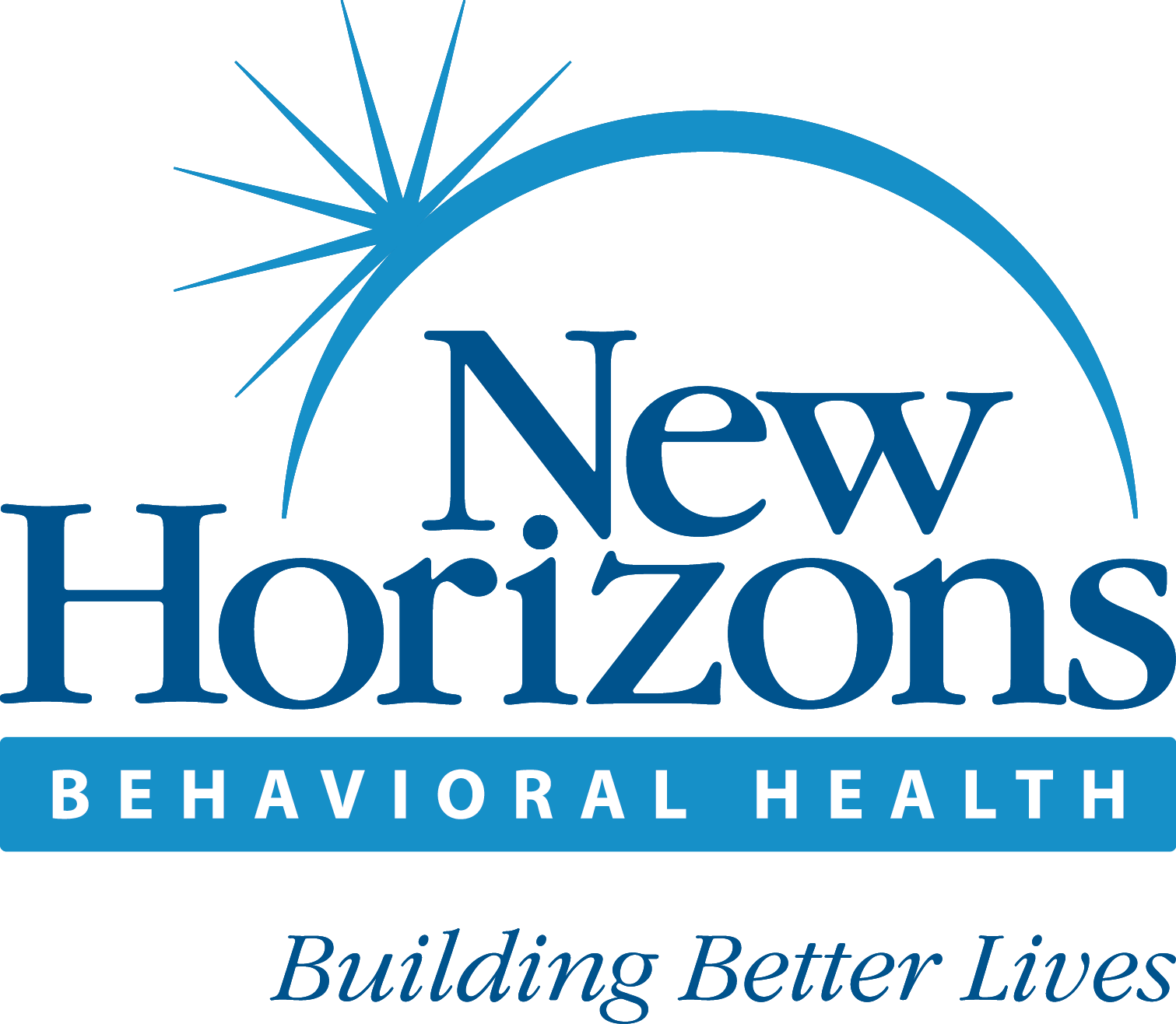New Horizons Behavioral Health serves 8 counties in southwest central Georgia: Harris, Talbot, Muscogee, Chattahoochee, Stewart, Randolph, Quitman and Clay.
The estimated total population for the eight counties in the service area at 269,316. The eight county area includes three urban counties: Muscogee (total population 202,616), Harris (total population 36,276) and Chattahoochee (total population 8,819). Thus the three urban counties account for 90% of the total service area population.
The population of the rural counties in 2022 was estimated at 21,605 (Clay, total population 2,845; Quitman, total population 2,249; Randolph, total population 6,116; Stewart, total population 4,648; and Talbot, total population 5,747).
OPEN ACCESS: Open Access allows for an Individual to enter services without an Appointment. Please call our Central Access Staff at 706-596-5500 for more informationan. Ask about our Telehealth Options.
Our FAX Line is 706-596-5589.
Located at our headquarters at 2100 Comer Avenue in Columbus, our CENTRAL INTAKE UNIT is the first contact for many adults seeking outpatient mental health and substance abuse services within Muscogee County.
Hospital discharge appointments are scheduled.
For an Intake Appointment at the Child and Adolescent Clinic, call 706-596-5500.
Child and Adolescent Clinic
2100 Comer Avenue
Columbus, GA 31904
Other Intake Locations - Call for an Appointment
Randolph/Clay Behavioral Health
90 Villa Nova Street
Cuthbert, GA 39840
229-366-0906
Harris County Behavioral Health Center
9989 GA HWY 116
Hamilton, GA 31811
706-596-5500
Talbot County Behavioral Health Center - Second Tuesday of the Month 9 AM - 4 PM.
159 Park Road
Talbotton, GA
706-570-3250
HELPFUL INFORMATION FOR INTAKE PROCESS
Please bring all required documentation including insurance card, proof of income (paystub) and photo identification documentation for the intake process.
Bring previous clinical documents, if available: hospital discharge papers, copies of previous clinical assessments or treatment notes, names and contact information for previous providers.
Bring all current medication bottles or a list of medications and dosages.
For children and adolescents, please include IEP and/or previous psychological testing results.
The entire intake process may be two or three hours due to demand and clinical emergencies. We do our best to provide the most thorough, quality care that we can for each person we see.
For currently enrolled individuals, after hours on-call counselor may be reached at 706-575-9723

